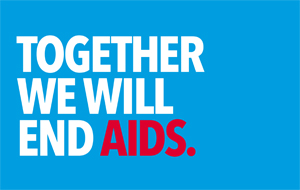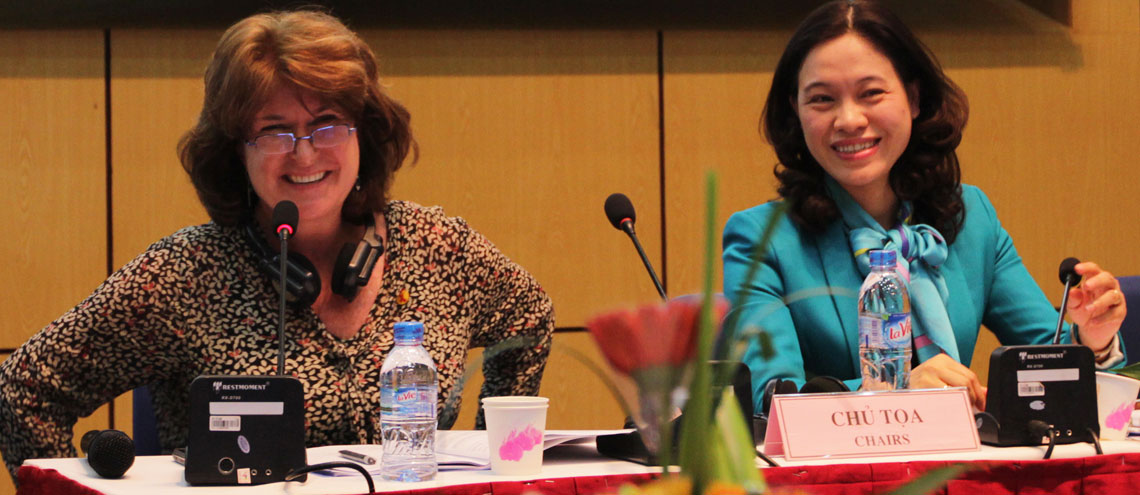UNAIDS Releases New Report Ahead of the 19th International AIDS Conference
 UNAIDS released on 18th July, ahead of the 19th International AIDS Conference (22-27 July), a new report showing that globally domestic funding for HIV has exceeded international investments. The report states that low- and middle- income countries invested US$ 8.6 billion for the response in 2011, an increase of 11% over 2010. International funding however remained flat at the 2008 level of US$ 8.2 billion.
UNAIDS released on 18th July, ahead of the 19th International AIDS Conference (22-27 July), a new report showing that globally domestic funding for HIV has exceeded international investments. The report states that low- and middle- income countries invested US$ 8.6 billion for the response in 2011, an increase of 11% over 2010. International funding however remained flat at the 2008 level of US$ 8.2 billion.
See the full report here.
UNAIDS Viet Nam Country Director speaks to the online newspaper of the Communist Party of Viet Nam on the new report and 2012 International AIDS Conference. Read the interview here.
According to the report, 81 countries increased their domestic investments for AIDS by more than 50% between 2006 and 2011. As economies in low- and middle-income countries grow, domestic public investments for AIDS have also grown.
BRICS countries (Brazil, Russia, India, China and South Africa) increased domestic public spending on HIV by more than 120% between 2006 and 2011. BRICS countries now fund, on average, more than 75% of their domestic AIDS responses. Domestic sources already account for more than 80% of resources spent on AIDS in South Africa and China—and the Chinese government has pledged to fully fund its response in the coming years. India, too, has committed to increase domestic funding to more than 90% in its next phase of the AIDS response. Brazil and Russia already fully fund their AIDS response with domestic resources.
HIV funding from the international community, on the other hand, has largely been stable between 2008 and 2011, at US$ 8.2 billion. By 2015, the estimated annual gap will be US$ 7 billion.
In Viet Nam, international sources contributed 72.5% of total AIDS resources in period of 2008 – 2010 and a number of major HIV donors are reducing their funding and/or withdrawing from the country.
“Việt Nam has made significant progress with the approval of the first National Targeted Programme on HIV/AIDS, thereby increasing the state budget for HIV in 2012 by 20% compared to 2011,” said Eamonn Murphy, UNAIDS Viet Nam Country Director. “However, as a middle income country Viet Nam will need to continue this and further increase national resources for HIV to fill the gap created by external funding cuts in the coming years, so as to not reverse achievements made thus far.”
The report outlines that sustaining the AIDS response will require strong country ownership and global solidarity. It also emphasises the need for investments to be sustainable and predictable and that countries must be able to mobilize and use resources effectively and efficiently.



